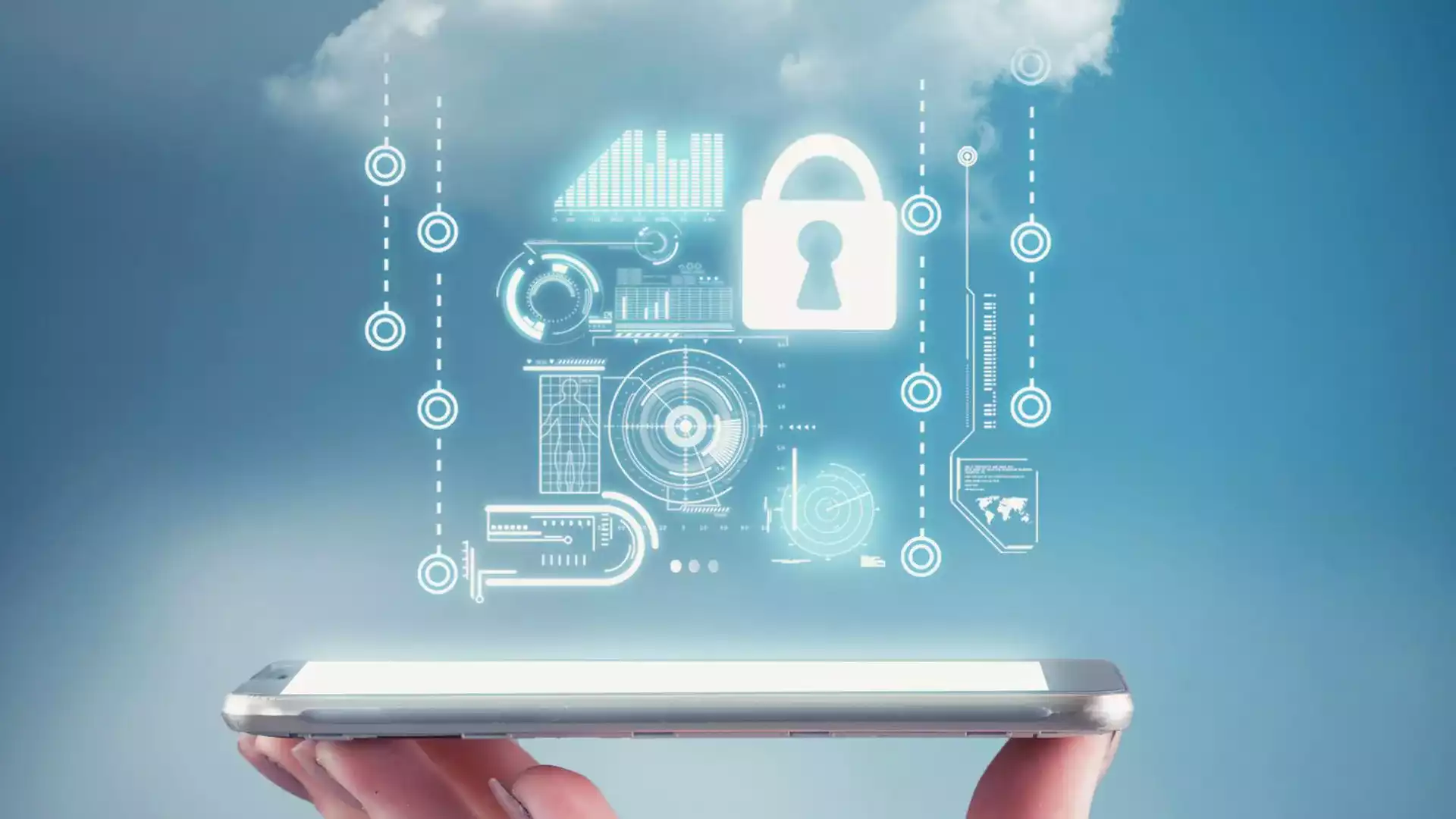Almost a year after it was introduced, the gradual abolition of paper receipts in France is encouraging companies to rethink the way they manage their expense accounts. While the move to paperless till receipts has been well received by consumers, it has also shaken up the habits of businesses, forcing them to review their internal processes. Far from being a constraint, this development is a real opportunity to modernise practices and adopt more ecological and efficient solutions. Explanations.
1. Towards paperless till receipts: why ?
As part of the anti-waste law for a circular economy, the end of paper till receipts is a response to a major environmental concern. It was estimated that in France, nearly 30 billion tickets were printed each year, with an average life of just a few seconds. This practice consumed considerable resources (paper, ink, energy) and generated a large amount of waste, a significant proportion of which ended up in the environment.
👉 However, certain exceptions remain : Receipts will continue to be systematically given to consumers for goods requiring a guarantee, restaurant and hotel bills as well as for services when the amount exceeds €25.
2. The impact of paperless till receipts on expense claims ?
The end of paper till receipts does not, however, mean the end of the obligation to justify expenditure. It is important to remember that all professional expenses incurred by a company’s employees must be justified. In the event of an URSSAF audit, the company must be able to prove the reality and professional nature of each expense, whether it is a meal, a hotel bill, a transport ticket or any other purchase. However, since 2017, businesses have been able to attach a digital copy of the receipt to each expense.
👉 It is important to keep expense receipts for the statutory period, which varies from 6 to 10 years depending on the type of expense. Failure to comply with these obligations may result in financial or even criminal penalties.
3. How to obtain your proof of payment
The disappearance of paper till receipts has also led to the emergence of new solutions for justifying business expenses. There are now several alternatives available to companies :
- Electronic till receipts : Many retailers now offer the option of sending till receipts by SMS, email or mobile application. This digital receipt keeps a reliable record of the transaction.
- Electronic invoicing : For larger expenses, electronic invoicing is also a viable option. This form of proof offers greater reliability and traceability of transactions.
- Paper till receipts on request : Finally, it is always possible to request a paper till receipt from the retailer, if this is necessary for the internal management of the business.
4. Integrate your paperless till receipt into your expense report software
The end of paper receipts has also helped to stimulate the adoption of digital tools dedicated to expense management. These solutions enable companies to centralise and automate the collection, verification and reimbursement of expense claims, while providing better visibility of business expenses.
In practical terms, you can integrate your dematerialised till receipt into most expense report software packages. Vertical Expense’s artificial intelligence instantly scans your receipt and automatically extracts all the essential information: amount incl. VAT, date, location, type of expense, etc.
This makes creating your expense report extremely simple, saving you precious time and considerably improving the efficiency of your administrative management.
👉 As well as automating data entry, Vertical Expense also offers :
- Secure receipts : Your receipts are stored digitally and securely, so there’s no risk of them being lost or damaged.
- Accessibility : Your expense reports can be accessed at any time and from anywhere, via your smartphone or computer.
- Simplified processing : Expense claim processing is automated, reducing reimbursement times.
- Compliance : Vertical Expense guarantees that your expense reports comply with legal requirements.
One year after its implementation, the abolition of paper till receipts is proving a success. While companies have had to adapt to these new provisions, they have also been able to take advantage of the opportunity to modernise their expense management processes. In environmental terms, the results are also encouraging, with a significant reduction in paper consumption and waste generated.




